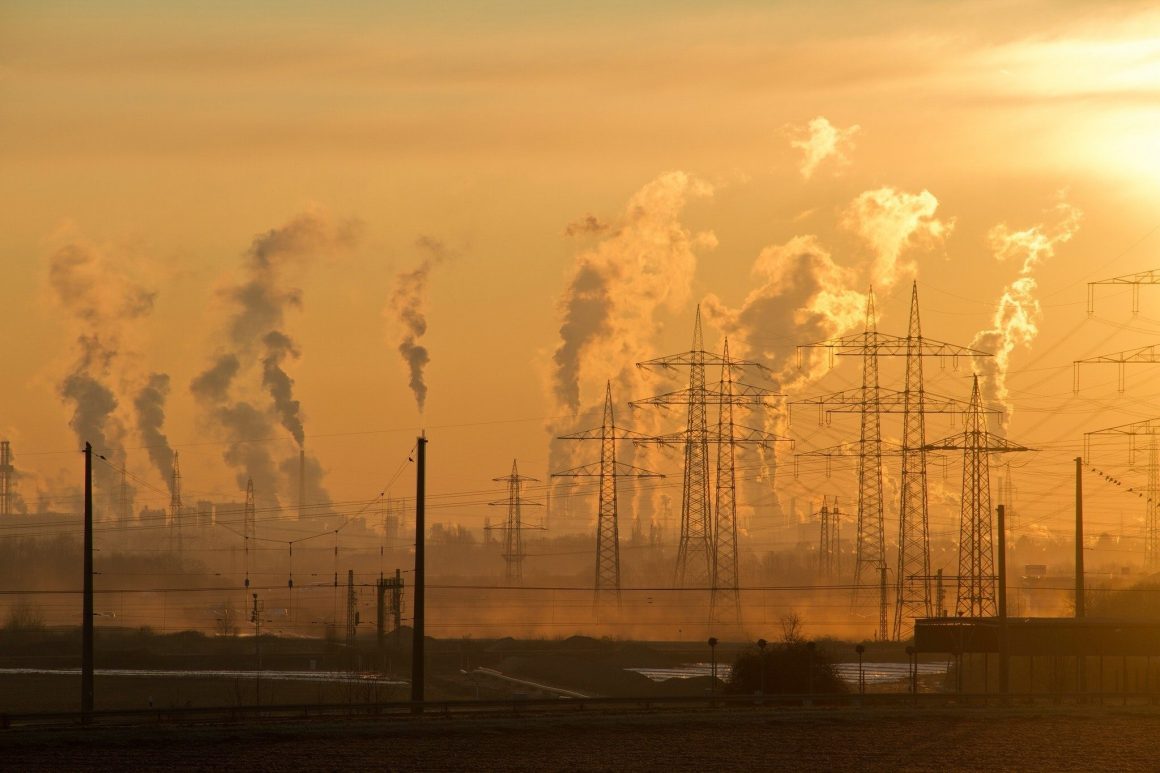Since experts predict that climate change will have an impact on more than three billion people worldwide, the Arab League has called for regional and global cooperation to address the issue.
The regional bloc made its comments on Tuesday in Doha at the International Conference on Climate Change and Human Rights.
The National Human Rights Committee (NHRC), in collaboration with a number of UN agencies, is in charge of organizing the event.
Virtually representing the Arab League, Assistant Secretary General Dr. Haifa Abu Ghazaleh said cooperation to address climate change and its threat to humanity is “an urgent matter”.
Dr. Abu Ghazaleh warned the Arab region is not immune to climate change, citing its geographical location and noting the bloc has prioritized the issue.
Speaking at the same event, the UN’s Office High Commissioner for Human Rights (OHCHR) MENA envoy Mohammad Ali Alnsour said climate change “constitutes a direct, immediate and long-term threat to the right to life”.
Alnsour noted that climate change’s effects have already reached 3.3 billion people globally and warned that the number of people affected by floods will spike from 1.2 billion to 1.6 billion by 2050.
According to the UN expert, 97.6 million were victims of disasters related to climate change in 2019 alone.
Read Also: panel-highlights-qatars-pioneering-role-in-reducing-climate-change
He added that between 2000 and 2019, Africa saw 134 droughts, with at least one person dying every 48 seconds in the affected countries. A total of five million deaths have also been reported due to the scorching heat, more than half of which were reported among children.
“He touched on the negative effects of the industrial activities of major economies, the effects of which extended to 55 countries with fragile economic systems that lack sufficient resources to adopt policies to adapt to the consequences of the climate crisis.”
The Gulf state has been hosting numerous conferences and leading initiatives in an effort to mitigate the impact of climate change. Such efforts fall under its target to cut carbon emissions as part of its National Vision 2030.
Doha has the highest number of buildings (1,406) with the Global Sustainability Assessment System (GSAS), green building standards.
As a gas-producing giant, Qatar has been promoting the use of liquefied natural gas (LNG) as a cleaner energy source in an effort to reduce the impact of climate change.
Story adapted from DohaNews
